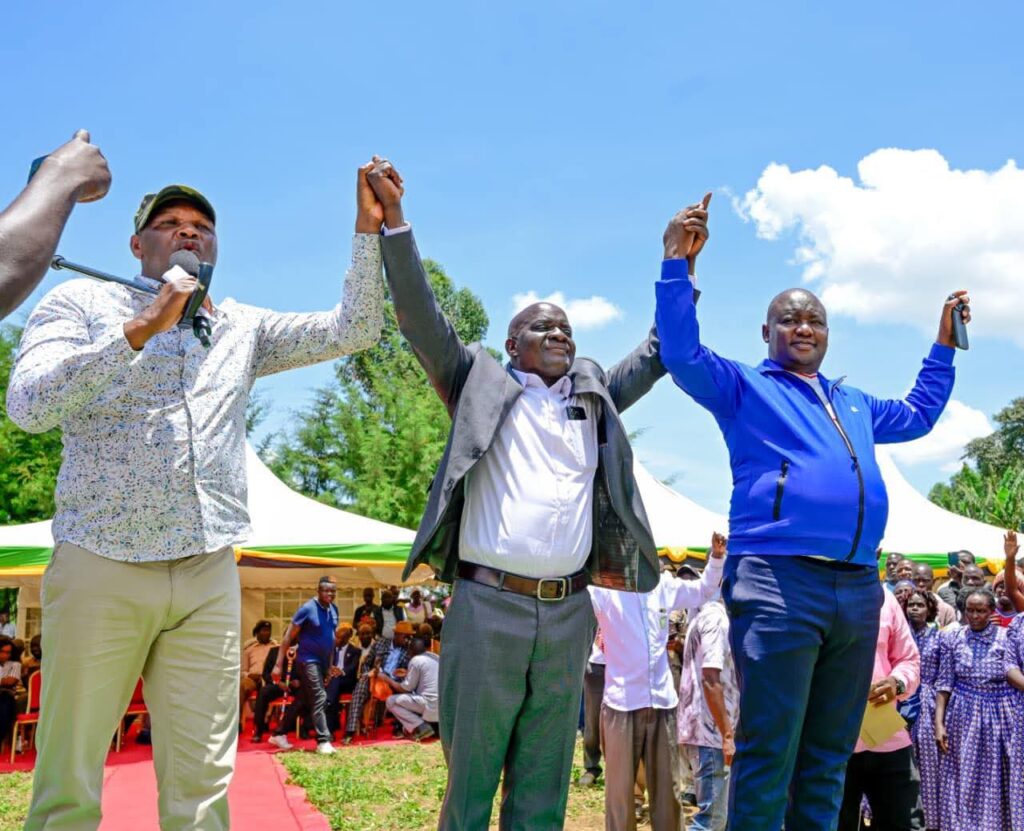The Malava parliamentary by-election has taken shape, rekindling old rivalries and exposing the shifting sands of Western Kenya’s political alliances. The contest, triggered by the death of MP Malulu Injendi, has drawn national attention as a proxy battle over the region’s political future.
The United Democratic Alliance (UDA) has settled on Kakamega county assembly minority leader David Ndakwa as its candidate. Ndakwa secured the ticket after a competitive internal race, with rivals Leonard Shimaka, Simon Kangwana, and Ryan Injendi conceding. Despite some grievances, they pledged to remain in UDA, signaling party discipline and unity.
Ndakwa now faces a crowded field: Seth Panyako (DAP-K), Edgar Busiega (DCP), Wilberforce Tuvei (Kenya-Moja), Joab Manyasi (DNA), and Caleb Sunguti (Roots Party). Each contender brings unique strengths, but the spotlight has fallen on the proxy war between Prime Cabinet Secretary Musalia Mudavadi and his former ally, Cleophas Malala.
Mudavadi is leading Ndakwa’s campaign, while Malala, now deputy leader of DCP, is fronting Busiega. Their rivalry adds weight to the race, with echoes of past contests in Malava. Malala previously battled Panyako in 2017 and Kakamega Governor Fernandes Barasa in 2022.
The dynamics are further complicated by Governor Barasa’s open support for UDA in line with ODM’s non-participation, while still balancing ties with DAP-K leader Eugene Wamalwa. Deputy Governor Ayub Savula has chosen neutrality to avoid political fallout with his boss.
Political analyst Martin Andati argues the role of the influential “G8” Kakamega MPs loyal to Wycliffe Oparanya but eyeing 2027 with Ruto will depend on campaign financing and local pressures.
Ultimately, the Malava by-election is more than a constituency contest. It is a barometer of whether President William Ruto can consolidate support in Western Kenya ahead of 2027, and a stage for old political rivalries to play out in new forms.

